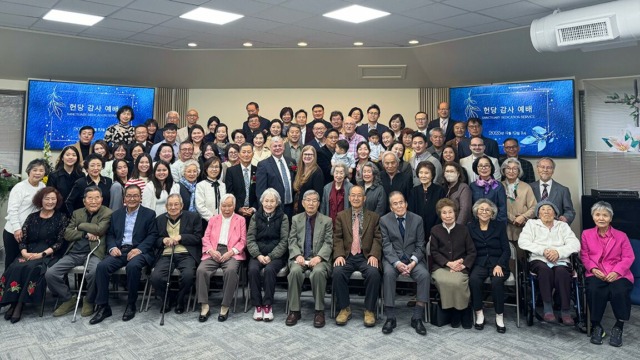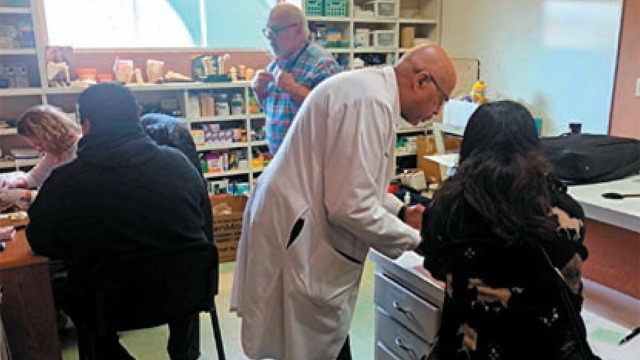Jose Briones – Denver, Colorado … In a recent episode of the Living Generously podcast series, I sat down with James Mello, Children and Youth Discipleship leader for the South New Zealand Conference, to discuss a pressing topic: how churches can become trauma-informed to better serve their communities.
Trauma-informed churches, Mello explained, go beyond simply acknowledging the impact of trauma. “A trauma-informed church doesn’t just provide support—it actively integrates trauma awareness into everything it does,” he said. This approach involves embedding compassion and understanding into a church’s ministries, policies, and interactions, ensuring that it becomes a sanctuary for healing, especially for individuals carrying emotional or psychological wounds.
Mello outlined the “Four R’s” framework as a practical starting point for churches aiming to adopt trauma-informed practices:
- Realizing the widespread impact of trauma and its ripple effects.
- Recognizing the signs and symptoms of trauma in individuals and communities.
- Responding appropriately through thoughtful, effective practices.
- Resisting retraumatization by fostering environments rooted in safety and trust.
One of the most striking concepts from our conversation was the principle of “connection before correction.” Drawing from Jesus’s example, Mello stressed the importance of building relationships before offering guidance. “When we lead with love and connection, it transforms not just individuals but the entire community,” he remarked. This relational approach ensures that churches cultivate cultures of empathy and grace, creating spaces where people feel truly seen and valued.
Mello also emphasized the significance of intentionality in designing church environments. From the aesthetics of the physical space to the interactions within the congregation, every detail contributes to creating a sense of safety and inclusion. He urged churches to seek training and resources from organizations like the International Center for Trauma Education and Care located in Berrien Springs, Michigan, equipping leaders with the tools needed to implement meaningful change.
What stood out the most during the discussion was the potential of trauma-informed practices. When churches commit to understanding and addressing trauma, they don’t just provide support, they become places of profound healing and restoration. Trauma-informed churches walk alongside individuals on their journeys toward wholeness, offering a tangible reflection of God’s love and grace.
CLICK HERE to listen to the full episode, and CLICK HERE to see the full list of previous and future series episodes. To listen to the full podcast on YouTube, CLICK HERE.
This episode serves as a call to action for church leaders and members alike. By championing trauma-informed practices, we can ensure our churches are more than welcoming—they can be places of restoration, compassion, and hope for all who enter.
—Jose Briones is the RMC Stewardship Promotion and Content creator. Photo by Adrianna Geo of Unsplash.




